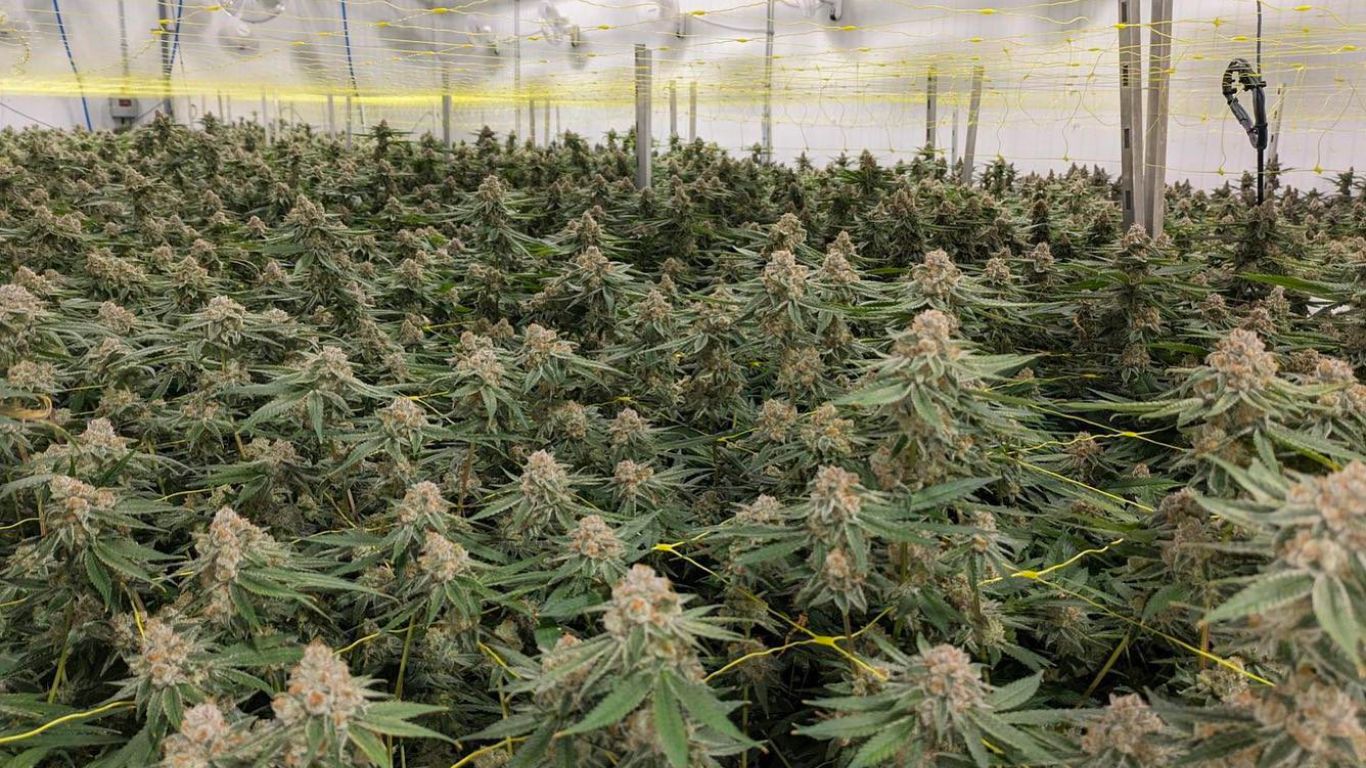Freedom Cannabis has completed its financial restructuring and is exiting CCAA, effective immediately, the company announced in a press release on April 30.
With an approved extension of its stay of proceedings from the Alberta Superior Court of Justice, Freedom Cannabis has completed its financial restructuring and is exiting the CCAA, effective immediately.
Freedom Cannabis Inc. announced on August 13, 2024, that it and its subsidiaries sought and received an order for creditor protection from the Alberta Superior Court of Justice pursuant to the Companies’ Creditors Arrangement Act (CCAA).
The company is now ready to move its business forward.
“It’s been a long and intense process and we greatly appreciate the efforts of the monitor, KPMG, and the court,” says CEO John Frank Potestio. “Through determination and effort, we have emerged from protection with a changed shareholder structure and the business intact and ready to rapidly move forward.”
Freedom Cannabis states that it has retained all licenses, assets, and intellectual property, allowing the business to maintain continuity and proceed without any disruption to its business.
The Alberta-based company’s focus now shifts to executing a transformation strategy “that will allow Freedom Cannabis to continue to deliver high quality products to Canada’s retailers and put a new emphasis on strategic asset management and providing services through its top-tier facility to other growers and brands will become an important part of the company’s revenue stream,” notes a press release.
Freedom produces an array of cannabis products, including dried flower, extracts, and pre-rolls.
In 2024, Freedom stated that it needed CCAA protection due to its default under certain material operating agreements and the possibility that the Canada Revenue Agency would not renew its cannabis excise licence.
The company had initially sought, and the court established, an initial stay of proceedings until August 8, 2024, providing Freedom Cannabis time to restructure its business, engage with key creditors and stakeholders, identify and assess potential restructuring options, and review other strategic alternatives to maximize the value of the company for its stakeholders. That process was extended several times after the initial filing.
The CRA had sought to hold Freedom Cannabis’ directors liable under the Excise Act for a portion of the nearly $10 million Freedom owed under the Excise Act, 2001. However, the court ruled that the money owed was an unsecured debt that the directors were not liable for.
Potestio told StratCann that he believes this ruling will help ensure companies like Freedom can still attract directors to the industry.
I think it’s a very good move for the cannabis industry because it’s very hard to get good directors to come in to help us with our journey because of all this tremendous liability,” Potestio told Stratcann.
“Our struggles aren’t over yet and we have a long road ahead of us,” he adds, but notes that moving on from CCAA will allow the company to begin to sell products into several provinces again.
Freedom is a privately owned company that has been operating in the Canadian cannabis industry since 2017. Its head office is located in Acheson, Alberta, where, at the time of its initial CCAA filing, it employed around 100 people.
An increasing number of cannabis companies in Canada have been seeking CCAA protection as the industry experiences significant price compression, high excise taxes, and increased competition. Such protection can provide an opportunity for companies to restructure their finances to address creditor concerns.
Freedom cannabis exits CCAA with a successful financial restructuring, ready to move forward with its business operations. Read More


